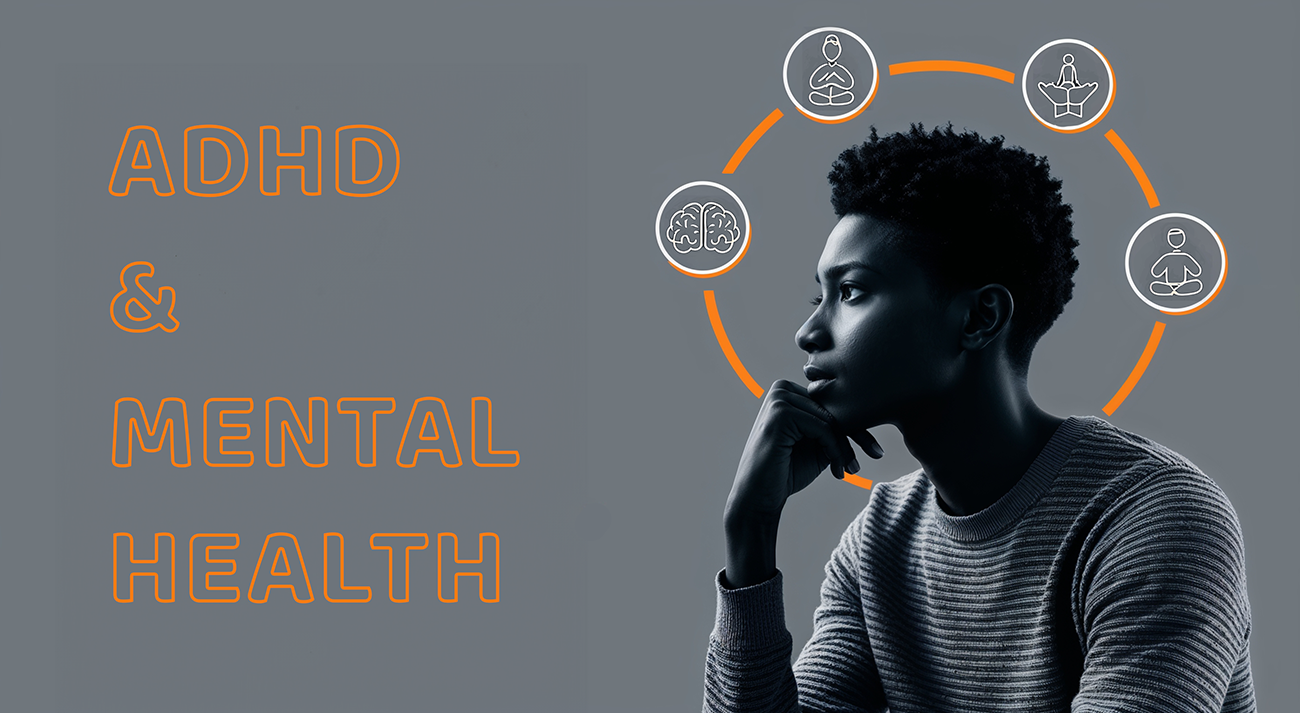Embracing Inclusivity in Research The Impact of PPI Groups
I’m Tashinga, a BART II PPI group member and a 20-year-old student studying to become a registered mental health nurse. Being involved in research is a journey I never anticipated, one that weaves through my late ADHD diagnosis. Still, it has been a fulfilling venture into the research world. Today, I want to share how my experiences led me to Patient and Public Involvement (PPI) and why inclusivity in research matters so much to me.
My journey with ADHD began with a late diagnosis at the age of 18. Growing up, I faced unique challenges due to the differences in how ADHD presents in girls and boys. Unfortunately, this lack of awareness and understanding extended beyond my personal experiences. Teachers didn’t notice the signs, and the lack of research on ADHD within ethnic minorities meant that my struggles went unrecognised for far too long. The consequence? The undiagnosed ADHD contributed to additional mental health struggles with depression, which eventually allowed me to get diagnosed with ADHD.

I struggled to adjust to this new diagnosis as I was mourning the support I had missed out on whilst I grew up and also had my A-level exams coming up. Although my diagnosis was not in time to get the additional support during my exams, I still managed to push through regardless. However, my story took an unexpected turn after my diagnosis. A friend’s mom invited me to participate in a project that focused on the mental health struggles of ethnic minorities. This project, “Hidden” by Made by Mortals, became my gateway into the research world. It beautifully captured the stories of individuals like Adam, delving into the intersectionality of mental health and ethnicity. This experience ignited my passion for understanding the unique challenges faced by ethnic minorities, and I soon found myself actively participating in the Young People’s Advisory Group (YPAG).
Being part of YPAG opened doors to more research projects and PPI groups. The opportunity to contribute to meaningful research deepened my understanding. It allowed me to amplify the voices of those who, like me, felt overlooked by mainstream narratives. One project led to another, and I became a valuable BART II PPI group member.
The BART II Inclusivity PPI group incorporates my passion for advocacy within mental healthcare, inclusivity, and research. The PPI group has worked together to bring the project to life, formulating an animation and discussing ways to advertise to draw in potential volunteers. It’s more than just a group; it’s a space where our individual stories are recognised and celebrated as invaluable contributions to shaping research initiatives. This cause resonates deeply with me, as we are dedicated to ensuring that research mirrors a large population of ethnicities and diversity in the UK.
Inclusivity in research isn’t just a trendy buzzword; my first-hand experiences with projects at BART II prove that it’s an essential element that elevates the depth and authenticity of our work. The BART II Inclusivity PPI group amplifies the voices that often go unheard or unnoticed in research settings. Our conversations transform statistics and data; they take a person-centred approach rather than treating them as numbers, ensuring that our research mirrors the real-world experiences of individuals from every corner of life.

What interests me about the BART II Inclusivity PPI group is its unwavering commitment to making an environment where everyone’s perspective is heard and valued. It’s more than a group; it’s a community that recognises diversity for representation’s sake and as a powerful catalyst for generating thorough and nuanced insights. As a member, I feel empowered, knowing that my voice contributes to shaping research not just for science but to have a social impact.
In conclusion, my journey, from a late ADHD diagnosis to actively participating in the BART II Inclusivity PPI group, has been impactful in my life, and I believe it will be in others. It has shown the power of inclusivity in research, showcasing that positive change is achievable using PPI groups. As I navigate my studies and journey into mental health nursing, I carry the lessons from research projects like this. I now believe that inclusive research is not just a goal but a shared responsibility in developing a more equitable and inclusive future for us all.


